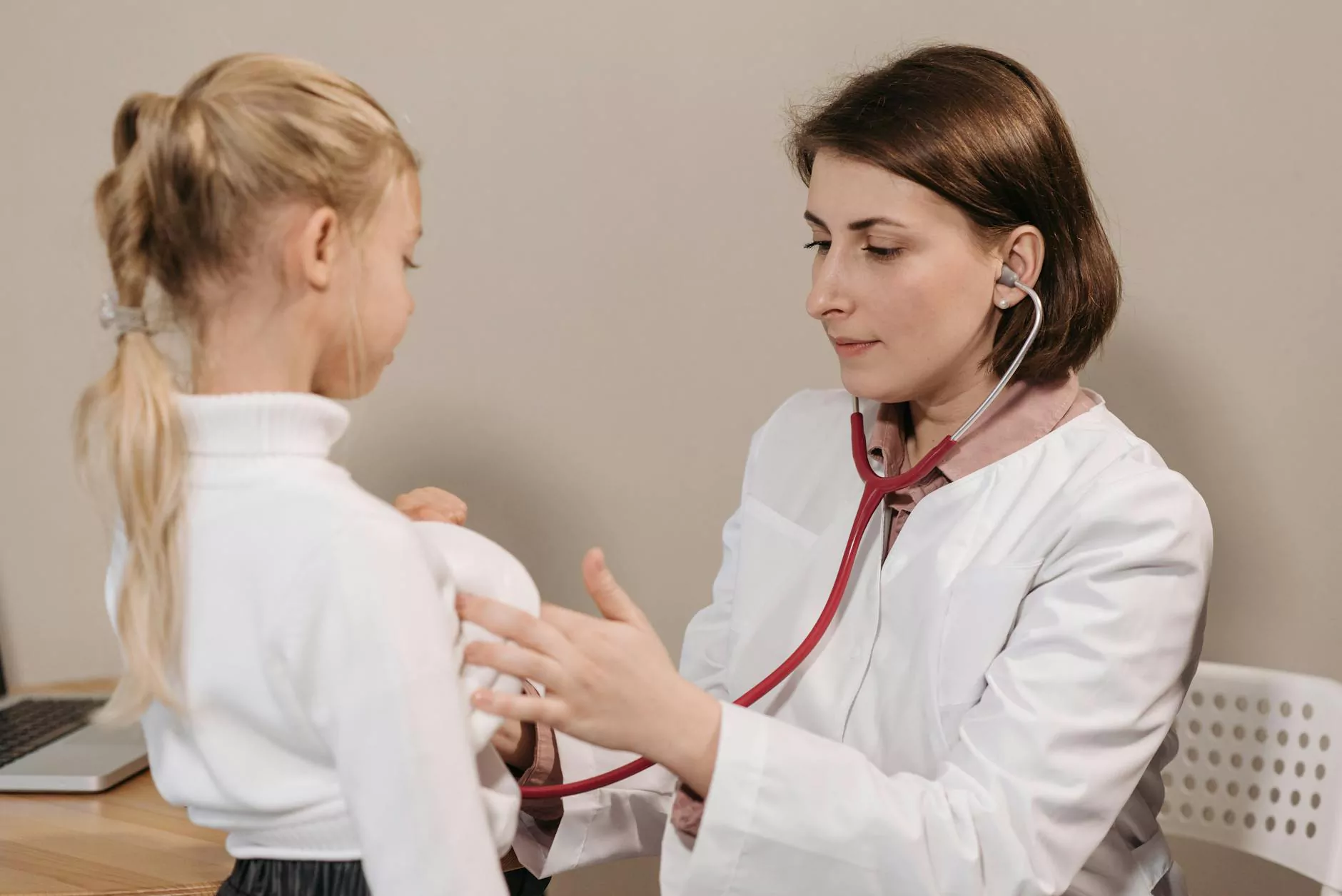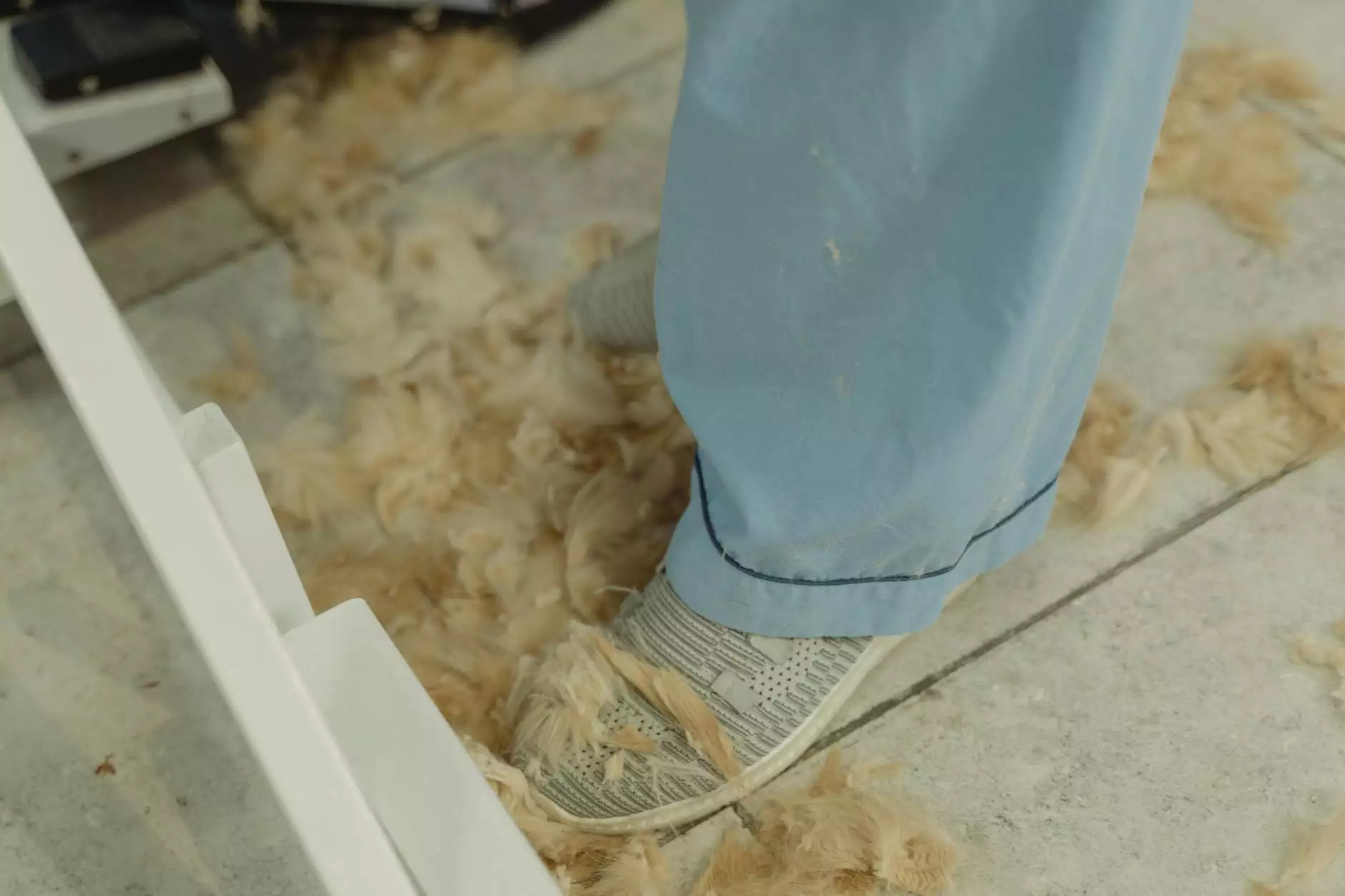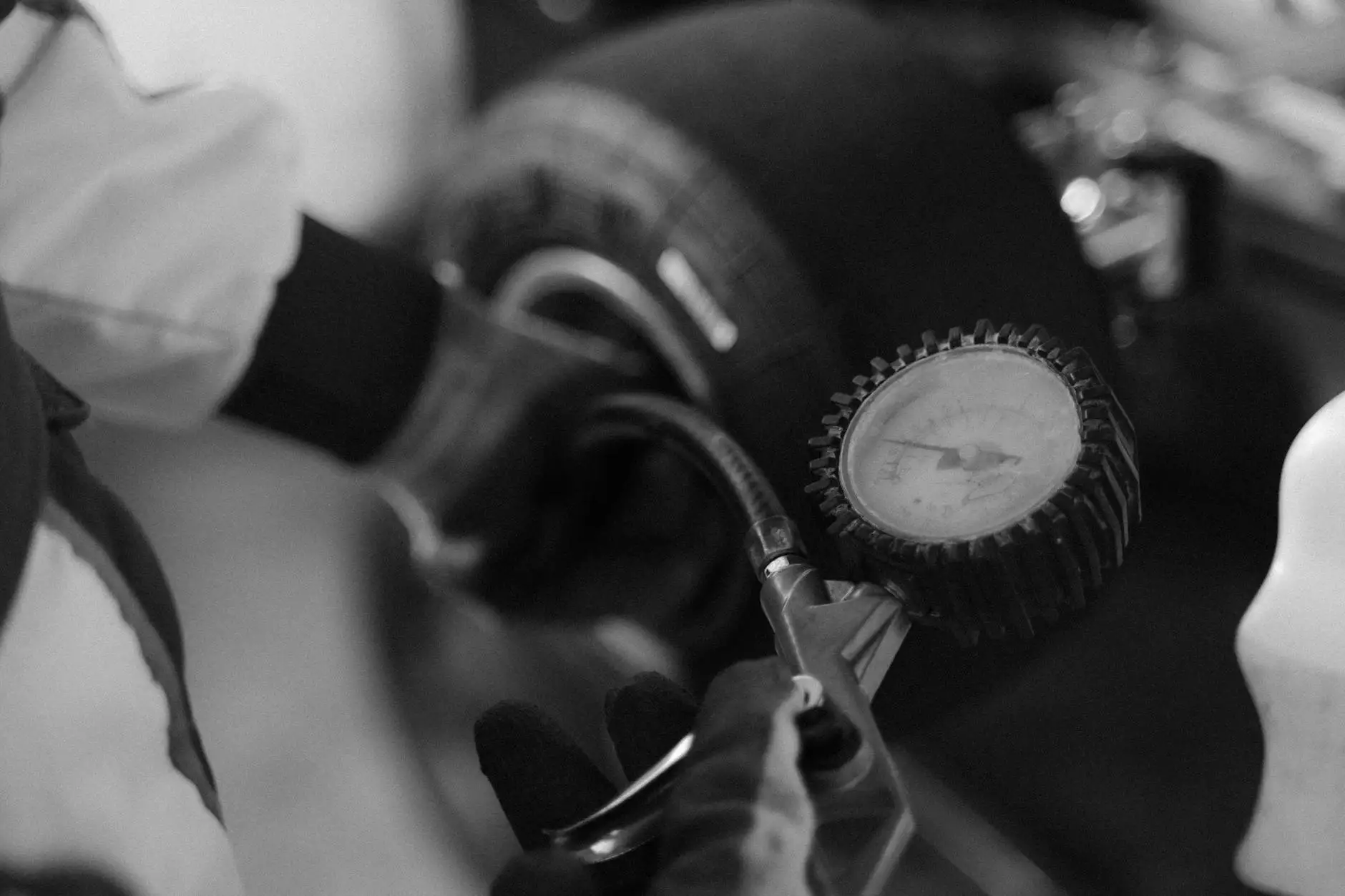Understanding Lung Nodules: Insights from a Lung Nodule Doctor

In recent years, the emergence of advanced medical technologies and techniques has significantly changed the landscape of pulmonary health. A lung nodule doctor is instrumental in diagnosing and managing lung nodules, small masses found in the lungs. Such nodules can be benign or malignant, making the role of the specialist crucial in determining the nature and appropriate treatment. In this article, we will delve deeply into what lung nodules are, their causes, the diagnostic process, treatment options, and the importance of consulting a qualified lung nodule doctor.
What are Lung Nodules?
Lung nodules, often referred to as pulmonary nodules, are small round or oval-shaped growths in the lungs that can be detected through imaging tests. These nodules are usually less than 3 centimeters in diameter and can arise from various underlying conditions. Understanding the nature of lung nodules is essential as they can either be:
- Benign Nodules: Non-cancerous growths that do not require aggressive treatment.
- Malignant Nodules: Potentially cancerous and may require further investigation and intervention.
Common Causes of Lung Nodules
There are several factors that can lead to the formation of lung nodules. Identifying the underlying cause is critical in addressing the nodules effectively. Here are some common causes:
- Infections: Conditions such as pneumonia or tuberculosis can result in the formation of lung nodules.
- Granulomas: Small areas of inflammation caused by conditions such as sarcoidosis or histoplasmosis.
- Benign Tumors: Non-cancerous tumors like hamartomas can appear as nodules.
- Lung Cancer: Primary or metastatic lung cancer can manifest as nodules.
Signs and Symptoms of Lung Nodules
Most lung nodules do not produce any noticeable symptoms, and many patients are often unaware they have them until they undergo a routine chest X-ray or CT scan. However, some individuals may experience:
- Persistent Cough: A change in cough that persists over time.
- Chest Pain: Unexplained chest discomfort or pain.
- Shortness of Breath: Difficulty in breathing or feeling winded.
- Coughing Up Blood: Hemoptysis, though this is less common and would require immediate attention.
The Role of the Lung Nodule Doctor
A lung nodule doctor specializes in the diagnosis, evaluation, and treatment of lung nodules. Their expertise and knowledge enable them to conduct a thorough analysis of patients' conditions. Here are some key responsibilities of a lung nodule doctor:
- Diagnosis: Utilizing imaging techniques such as chest X-rays and CT scans to identify and characterize lung nodules.
- Risk Assessment: Evaluating patient history and risk factors to determine the likelihood of malignancy.
- Biopsy Recommendations: Advising on the necessity of biopsies or other diagnostic procedures for nodules that require further investigation.
- Treatment Planning: Developing a comprehensive treatment plan based on the diagnosis, which may include surveillance, surgery, or medications.
Diagnosing Lung Nodules
The diagnostic process begins with imaging studies. When a lung nodule is detected, the lung nodule doctor will typically follow these steps:
- Clinical Evaluation: Gathering the patient’s medical history and conducting a physical examination.
- Imaging Tests: Performing a CT scan or PET scan to assess nodule characteristics, size, and shape.
- Biopsy Procedures: If necessary, performing a biopsy through various methods such as bronchoscopy, needle aspiration, or surgical biopsy.
Treatment Options for Lung Nodules
Treatment for lung nodules varies based on their nature and the underlying cause. A lung nodule doctor may recommend:
- Monitoring: For benign nodules, a watchful waiting approach with regular follow-ups may be sufficient.
- Surgery: If the nodule is suspected to be malignant, surgical removal may be necessary.
- Medication: In cases of infections or inflammation, antibiotics, antifungals, or corticosteroids may be prescribed.
Preventative Measures and Health Management
While not all lung nodules can be prevented, adopting a healthy lifestyle can mitigate risk factors associated with lung diseases. Here are some practical steps to take:
- Avoid Smoking: Smoking is a major risk factor for lung cancer and other pulmonary diseases.
- Regular Health Screenings: Engage in routine health screenings, especially if you have a family history of lung cancer.
- Healthy Diet: Incorporate a balanced diet rich in fruits and vegetables to boost immune function.
- Exercise Regularly: Maintaining physical fitness can enhance overall lung health and reduce disease risk.
When to Consult a Lung Nodule Doctor
Consulting a lung nodule doctor is vital for anyone who has been diagnosed with a lung nodule or is experiencing concerning respiratory symptoms. Early consultation leads to prompt diagnosis and appropriate management. Additionally, individuals with a history of smoking or exposure to environmental toxins should seek regular evaluations.
Conclusion
Lung nodules present a complex challenge in pulmonary medicine. However, with the expertise of a dedicated lung nodule doctor, patients can receive comprehensive care tailored to their specific needs. Understanding lung nodules, their potential causes, and the importance of timely medical intervention can empower individuals to take charge of their respiratory health. By prioritizing regular check-ups and fostering healthy habits, patients can significantly reduce the risk of developing serious lung conditions.
For those seeking expert consultation and tailored treatment plans, visit neumarksurgery.com today to schedule an appointment with a qualified lung nodule doctor.



